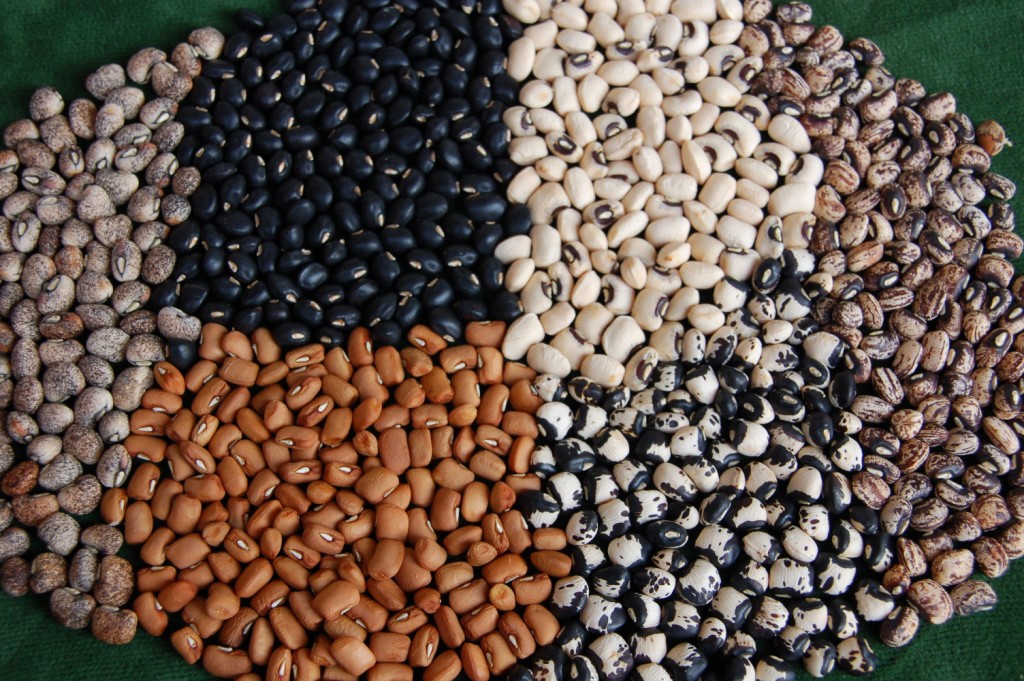
In the opening speech of the 3rd International Conference on Plant Molecular Breeding (ICPMB), the Director General of the Institute of Crop Sciences at the Chinese Academy of Agricultural Sciences (CAAS), Jianmin Wan, pointedly mentioned the growing problem of food security.
Similarly, molecular breeding (MB) has been growing at par with the problem, as the 3rd ICPMB saw the biggest meeting to date, with over 700 participants at its venue, the Beijing International Convention Center, from 5–9 September 2010.
The sheer magnitude of this meeting illustrates how much the original idea has evolved – from being an event for exploring opportunities for using MB in crop improvement – into a full-scale movement, of which GCP is a major player, and through which we can see our own vision becoming a reality.
GCP was pleased to be a major sponsor of the conference, and we were also instrumental in organising the event. GCP Director Jean-Marcel Ribaut took part in preparing the programme and the opening speeches plus our Theme Leaders, Xavier Delannay, Graham McLaren and Rajeev Varshney, were prominent in both the plenary and concurrent sessions.
Although a number of sessions presented the latest findings in molecular biology, genomics and genetic diversity, whose applications will be available in the coming years, the real character of the conference was most definitely ‘molecular breeding as a tool for crop improvement’, rather than MB as a topic for research only. This indication of progress was greeted with great enthusiasm by the whole assembly.
The conference was a veritable marketplace of academics (including several GCP-sponsored participants), breeders and representatives from industry, whose rich mix made the event a resounding success. Breeders were able to see what tools and technology are coming in the pipeline and scientists could see what breeders are working on. Representation from industry was also positive, with the private sector proving to be open about research and about tools being used.
This very sharing of ideas between sectors and across disciplines was also at the heart of GCP’s own aim for the conference: to exchange knowledge, technology and experiences – the objective of which is to ultimately provide more practical access to services. GCP is actively working in this field with the creation of the Integrated Breeding Platform (IBP) which will be a public web-based one-stop shop for information, analytical tools and related services to design and efficiently conduct molecular-assisted breeding experiments. It also offers facilities to access these tools and services. Bioinformatics will be the way forward in this field, and was also extensively covered at the conference.
The conference being hosted in the centralised city of Beijing also had a positive influence on the success of the event, as there was greater ease of access to the venue. Participants were attended to by the Chinese host institutions who were the principal organisers of the event. China is in fact the current powerhouse in the MB movement, and the leaders in sequencing and genomics; this was evident with the great turnout from the Chinese academic community with approximately 400 post-docs attending the event. China truly sees the potential of MB and they are moving forward in the field in terms of both technology and research and aided by such international events as the ICPMB.
China’s prominent position in the world of MB also influenced the decision to keep the next ICPMB in China, though it is possible that the conferences after 2013 will be hosted in a different country.
GCP’s main opinion is that MB has come an incredibly long way since the start of GCP and the start of the conferences, a sentiment echoed by the conference’s organisers and attendees. Now there is a feeling that there is no turning back: the scientific community is no longer asking whether MB will be helpful, now the pertinent question is “how can we optimise the tools”?
Indeed, the new technologies which have arisen as a direct result of the MB movement are already proving to be crucial in solving the critical food security issue – the more publicly, the better, as through the ICPMB.
